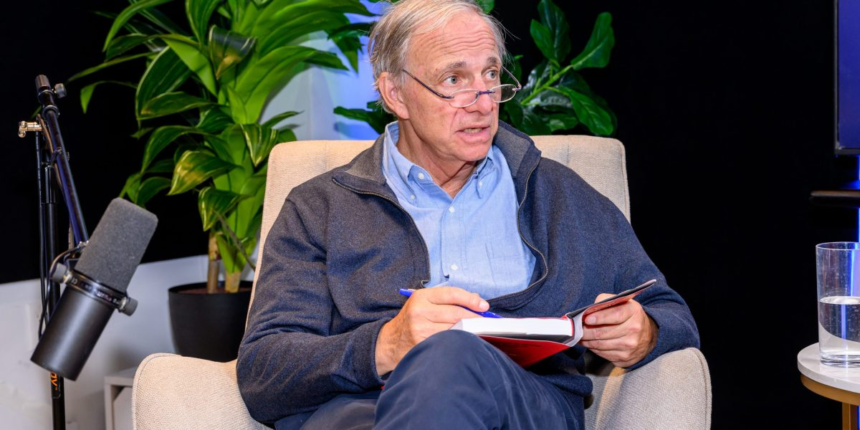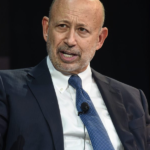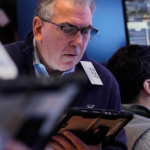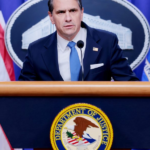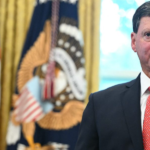Legendary investor Ray Dalio, founder of Bridgewater Associates, has issued a stark warning regarding the future impact of artificial intelligence (AI) and humanoid robots, predicting a dramatic increase in wealth inequality that will necessitate a new “redistribution policy”. Dalio articulated his concerns, suggesting that these advanced technologies are poised to benefit the top 1% to 10% of the population significantly more than everyone else, potentially leading to profound societal challenges.
He predicted “a limited number of winners and a bunch of losers,” with the likely result being much greater polarity. With the top 1% to 10% “benefiting a lot,” he foresees that being a dividing force. He described the current business climate on AI and robotics as a “crazy boom,” but the question that’s really on his mind is: why would you need even a highly skilled professional if there’s a “humanoid robot that is smarter than all of us and has a PhD and everything.” Perhaps surprisingly, the founder of the biggest hedge fund in history suggested that redistribution will be sorely needed.
“There certainly needs to be a redistribution policy,” Dalio told host Steven Bartlett, without directly mentioning universal basic income. He clarified that this will have to more than “just a redistribution of money policy because uselessness and money may not be a great combination.” In other words, if you redistribute money but don’t think about how to put people to work, that could have negative effects in a world of autonomous agents. The ultimate takeaway, Dalio said, is “that has to be figured out, and the question is whether we’re too fragmented to figure that out.”
Dalio said he views this technological acceleration as the fifth of five “big forces” that create an approximate 80-year cycle throughout history. He explained that human inventiveness, particularly with new technologies, has consistently raised living standards over time. However, when people don’t believe the system works for them, he said, internal conflicts and “wars between the left and the right” can erupt. Both the U.S. and UK are currently experiencing these kinds of wealth and values gaps, he said, leading to internal conflict and a questioning of democratic systems.
Drawing on his extensive study of history, which spans 500 years and covers the rise and fall of empires, Dalio sees a historical precedent for such transformative shifts. He likened the current era to previous evolutions, from the agricultural age, where people were treated “essentially like oxen,” to the industrial revolutions where machines replaced physical labor. He said he’s concerned about a similar thing with mental labor, as “our best thinking may be totally replaced.” Dalio highlighted that throughout history, “intelligence matters more than anything” as it attracts investment and drives power.
Despite the “crazy boom” in AI and robotics, Dalio’s outlook on the future of major powers like the UK and U.S. was not optimistic, citing high debt, internal conflict, and geopolitical factors, in addition to a lack of innovative culture and capital markets in some regions. While personally “excited” by the potential of these technologies, Dalio’s ultimate concern rests on “human nature”. He questions whether people can “rise above this” to prioritize the “collective good” and foster “win-win relationships,” or if greed and power hunger will prevail, exacerbating existing geopolitical tensions.
For this story, Fortune used generative AI to help with an initial draft. An editor verified the accuracy of the information before publishing.


